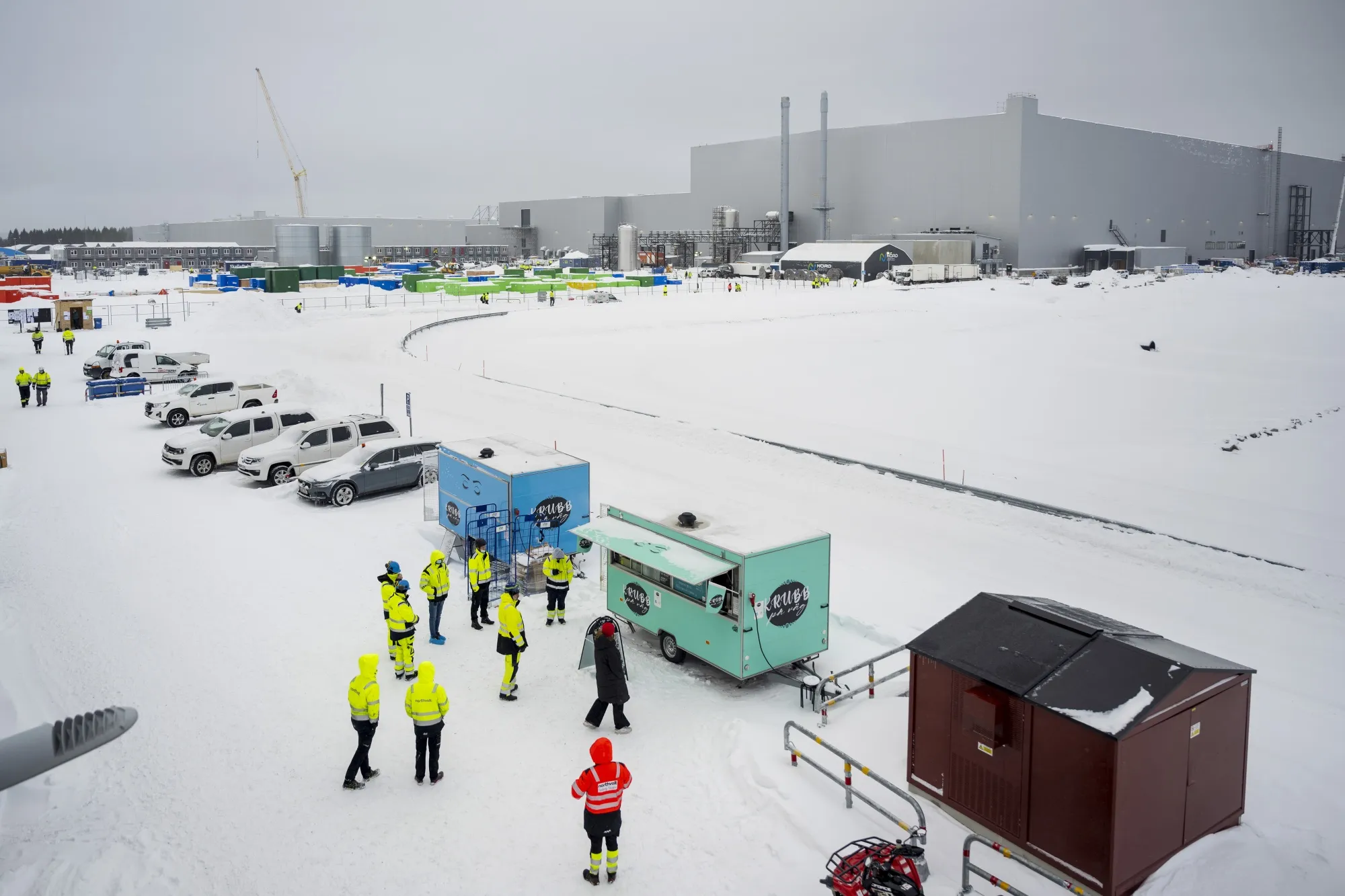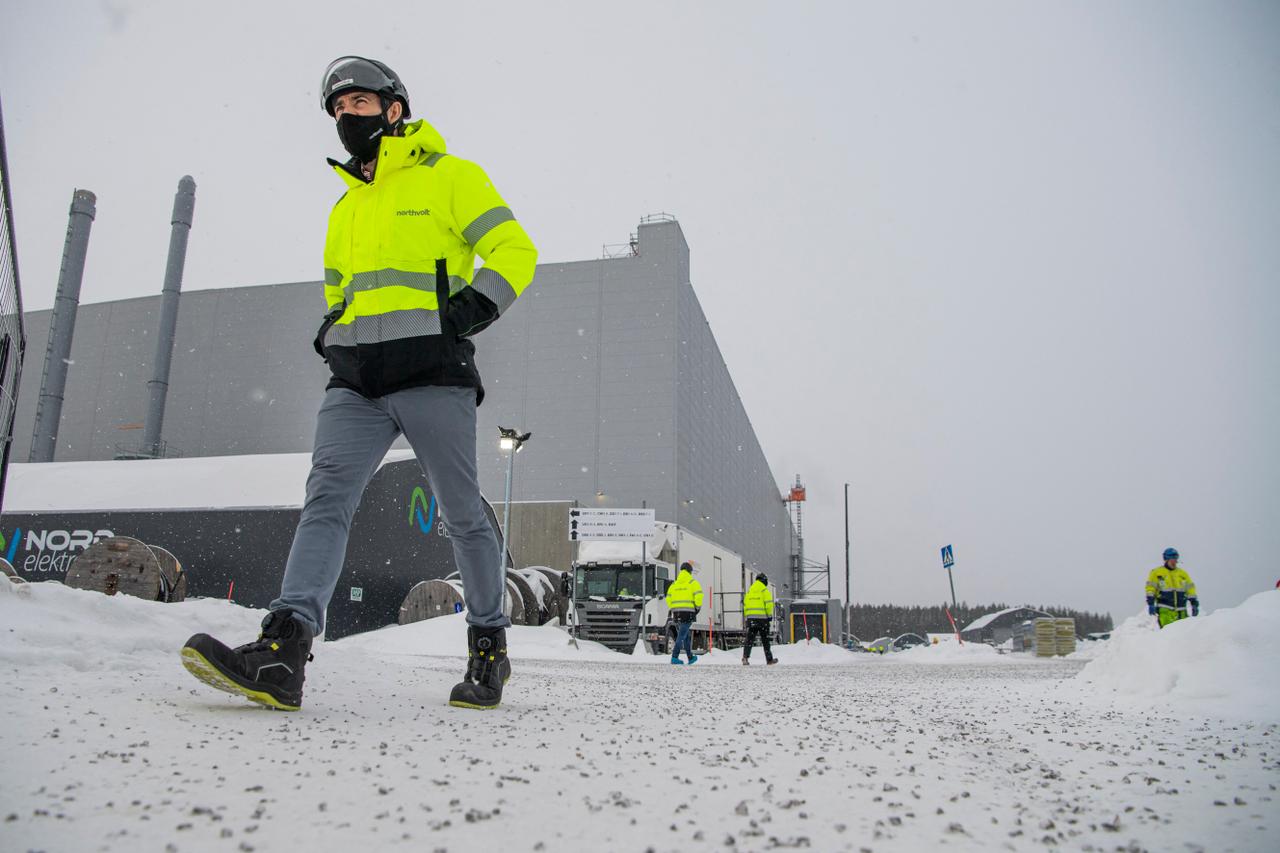The news of the possible liquidation of Northvolt, a once-promising Swedish startup, resonates like thunder in the European industrial landscape. Once a beacon of hope for a competitive battery industry against Asian giants, Northvolt is now short on funding. This event tests Europe’s resolve to ensure its technological sovereignty. The ambitions were high, particularly with the first battery factory in Skelleftea, but the challenges of mass production and internal issues have derailed the initially charted plans. In a rapidly growing sector that requires support and innovation, Northvolt’s downfall is an alarming signal regarding the means needed to secure a competitive position on a global scale.
The Swedish startup Northvolt, once a bearer of hopes for a competitive European battery industry, is today facing serious financial challenges. Urgently seeking funding, the company recently filed for Chapter 11 bankruptcy in the United States, marking a critical moment. This setback calls into question the desire for European sovereignty against dominant Asian players. Despite ambitions for mass production and comprehensive innovation in the battery value chain, Northvolt has struggled to meet expectations, facing issues ranging from machine failures to inexperienced staff, leading partners such as BMW to terminate significant contracts. While other companies like ACC monitor the situation, the European industrial community is questioning the necessary supports to ensure long-term competitiveness.

Table des matières
Toggleimpact of Northvolt’s downfall on the European industry
The Swedish company Northvolt was founded with a clear ambition: to be the leader of the European battery industry. By challenging the major Asian players, Northvolt embodied a symbol of Europe’s desire for technological sovereignty. However, its recent bankruptcy filing has not only shaken the startup but also cast doubt on the continent’s ability to build a competitive battery sector. The high dependence on Asian technologies has highlighted an urgent need for strategic and financial support at the European level.
underlying causes of Northvolt’s failure
At the heart of the problem, Northvolt faced challenges in large-scale production. Since the launch of its factory in Skelleftea, expectations were high, but it never reached the desired production levels. Frequent breakdowns, insufficiently experienced staff, and a reliance on Chinese machinery contributed to these difficulties. These obstacles, combined with unrealistic ambitions and questionable management, culminated in the loss of a $2 billion contract with BMW, further accentuating Northvolt’s decline.
consequences on the electric battery sector in Europe
The debacle of Northvolt could have a domino effect throughout Europe, raising concerns among its peers like Verkor and ACC. As Verkor positions itself as a serious European competitor, the direct implication of this situation shows how central Northvolt’s success was to defining a path of energy sovereignty in Europe. Leaders of these companies emphasize the need for strengthened political and public support to arm Europe against Asian dominance. The sector must rise to the challenge of turning this crisis into an opportunity to enhance its competitiveness and capacity for innovation.
“`





